12 December, 2017
Itzhak Rasooly and Sam Ashworth-Hayes
Share
No one likes
losing.
Every winter, the UK finds itself wrestling with a flu outbreak. The government runs a vaccination programme targeting the young and elderly, but people still get sick and die. Imagine that the government has been warned that this year’s flu strain is particularly virulent, and that if it does nothing 600 people are expected to die. There are two vaccines available to the government. The first is known and tested, but against this particularly virulent strain has only limited success: if the government chooses this vaccine, 200 people out of the 600 will be saved. The second vaccine is experimental. If it works, which experts say it will one third of the time, everyone will be saved. On the other hand, two thirds of the time nobody will be saved.
Which vaccine should the government choose? In experiments carried out by the Nobel Prize-winning economist Daniel Kahneman, most people said that they would choose the first. They choose to save 200 people for sure instead of gambling on the experimental vaccine.
But now consider the following choice: use a third vaccine, and see 400 of the 600 die, or use a fourth, whose outcome is uncertain: one third of the time no-one dies, and two-thirds of the time everyone dies. Given this choice, most people choose the fourth vaccine. In other words, they now choose to gamble. But there’s a problem: the two sets of choices are identical. So if they want to gamble when faced with one set of choices, they should want to gamble when faced with the other.
There is no difference between the first vaccine (which saves 200 of the 600) and the third (which lets 400 of the 600 die). Similarly, there is no difference between the second vaccine (which will save either everyone or no-one) and the fourth (which will let either everyone or no-one die). All that’s changed is the wording.
To anyone concerned with good decision making, this should be an alarming result. Present exactly the same options, with exactly the same information, and change the wording a tiny bit, and you have two drastically different decisions. What’s going on?
The answer is loss aversion. The first set of choices are presented in terms of lives saved – a gain. But the second set of choices are presented in terms of deaths – a loss. To state the obvious, people hate losing. To state the less obvious, they hate losing so much that they are willing to gamble to avoid losses. They will choose risky options to avert certain losses, even if they decline to gamble when it comes to gains.
Just as nobody likes to lose, people want (or at least, claim to want) to do the right thing. It’s just that, sometimes, doing the right thing is hard. The core message of Cass Sunstein and Nobel Laureate Richard Thaler’s book ‘Nudge’ is that doing the right thing should be made as easy as possible. What the vaccination example shows is that this doesn’t always have to involve coercive fines or taxation, or large bribes and handouts. It can be as simple as changing the way information is presented.
At The Behaviouralist, we don’t just study behavioural quirks like loss aversion: we find ways to use them to help people do the right thing. We also know that this isn’t as simple as looking at a list of behavioural biases, picking one at random, and hoping it fixes the problem. That’s why we test our interventions with randomised controlled trials and analyse the results with our team of expert statisticians. This approach not only provides confidence to the firm using the intervention: it allows for a process of iterative improvement. If you want to find out how we can help your organization, contact us today. After all – you could be losing out…

